Ultra-processed foods (UPFs) are a staple in many diets, with items like ready meals, flavored yogurts, and frozen pizzas being hard to avoid.
According to BBC presenter and infectious disease doctor Dr. Chris Van Tulleken, also the author of Ultra Processed People, making a few simple swaps can drastically reduce your intake of these foods. Not only do these changes help you avoid harmful additives, but they can also cut up to 500 calories from your daily diet.
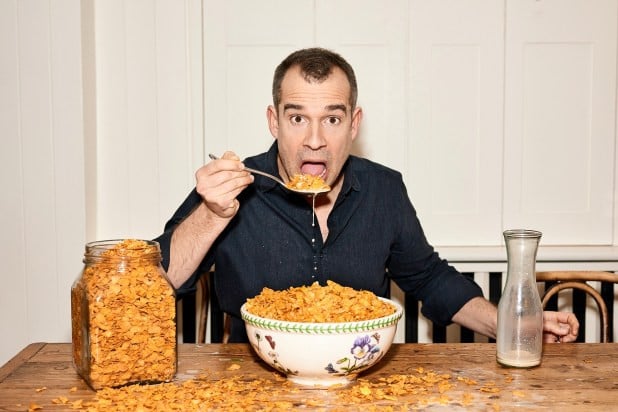
Image via The Times
UPFs include snacks, packaged bread, and other processed favorites, typically containing few natural ingredients and harmful additives such as emulsifiers. Studies reveal that UPFs contribute to half the daily calories for adults and two-thirds for children, raising risks of heart disease, diabetes, cancer, and strokes.
In a new documentary, Dr. Van Tulleken explores why UPFs are so addictive and shares six easy swaps to help you make healthier choices.
1. Swap Jarred Pasta Sauce for a Tin of Tomatoes
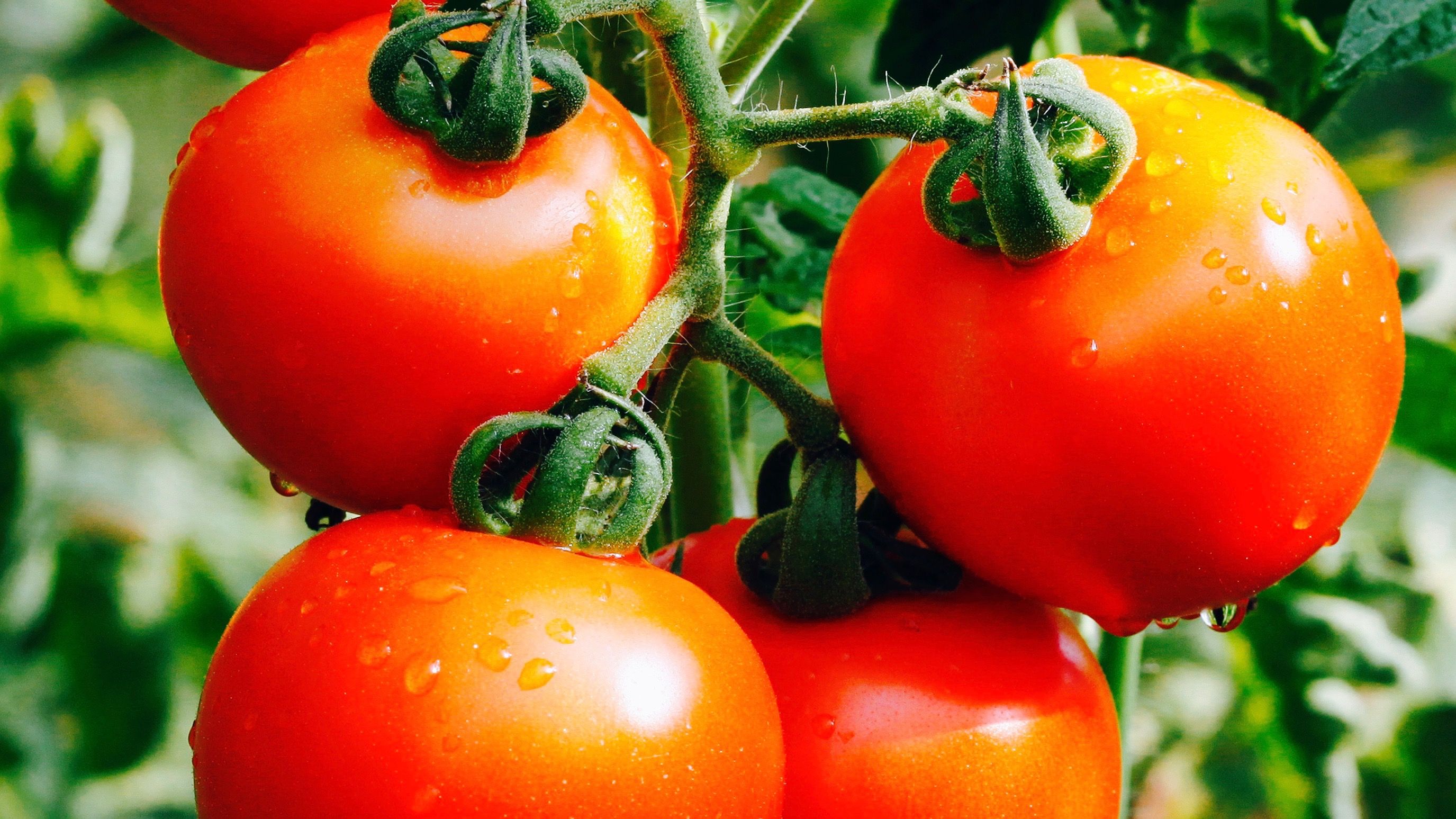
Instead of using jarred pasta sauces, Dr. Van Tulleken suggests making a simple sauce from scratch. This takes just minutes and can be as easy as combining a tin of tomatoes with a pinch of salt.
For an enhanced version, sauté garlic and onions before adding tomatoes, salt, and vinegar. While some store-bought sauces are minimally processed, others are loaded with extra sugar and salt to extend their shelf life.
A jar of garlic and basil pasta sauce contains about 130 calories per portion, compared to just 50 calories in a tin of tomatoes—saving 80 calories per serving.
2. Make Homemade Stir-Fry Sauce Instead of Using Packets
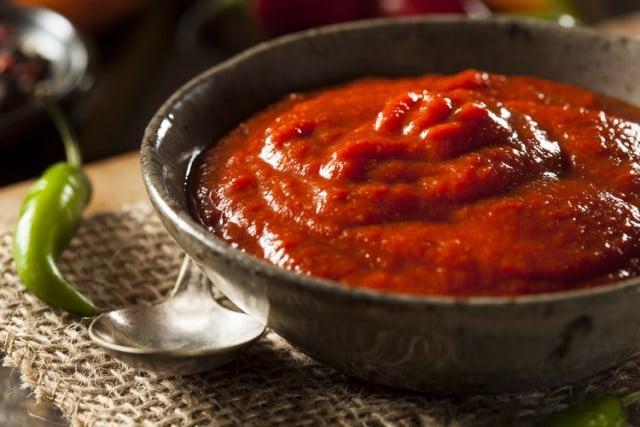
For stir-fry lovers, skip pre-mixed sauces and opt for a quick homemade alternative. Dr. Van Tulleken suggests mixing one-third water with two-thirds soy sauce, a splash of vinegar, sesame oil, and a little sugar.
For extra flavor, add spices like star anise. Pre-mixed stir-fry sauces contain about 75 calories per serving, while this homemade version has just 50 calories, saving 25 calories while avoiding unnecessary additives.
3. Tea or Coffee Instead of Energy Drinks

Dr. Van Tulleken emphasizes you don’t need to give up caffeine, but you should avoid sugar-laden energy drinks. A 250ml can of energy drink contains 110 calories and 30g of sugar, while a cup of coffee with semi-skimmed milk has just 20 calories—a 90-calorie difference.
"Human beings should only drink water, or if your culture allows it, milk," Dr. Van Tulleken advises. Energy drinks may also increase colon cancer risk due to their high sugar content and taurine, which could promote harmful gut bacteria.
4. Frozen Fruit with Yoghurt Instead of Ice Cream
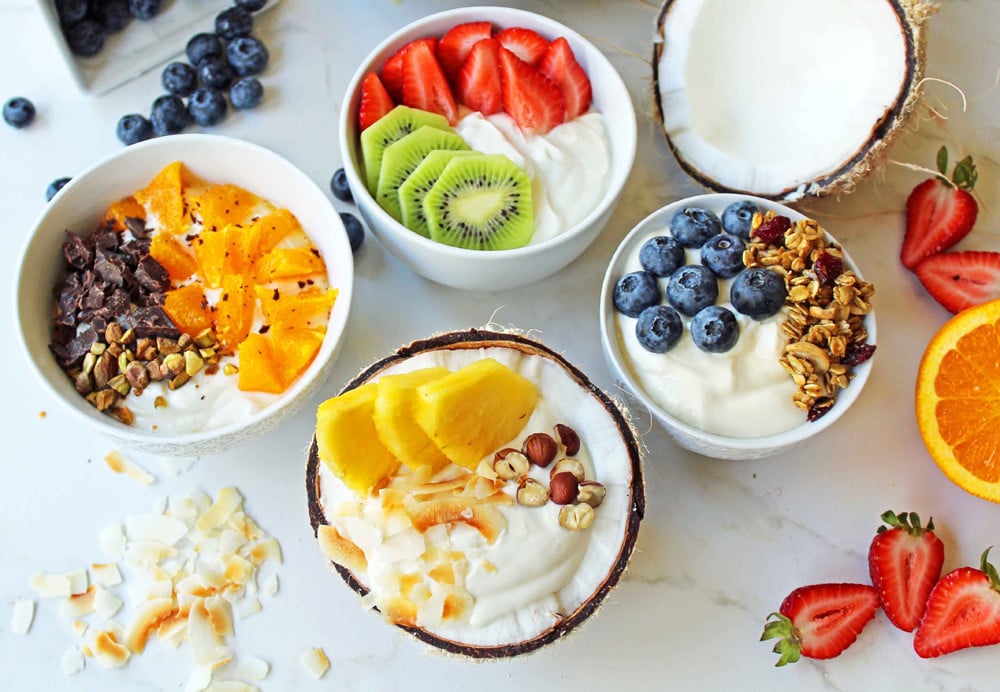
Swap out ice cream for a healthier dessert by mixing frozen fruit with natural yoghurt. This swap reduces the sugar and calorie content from 200 calories in two scoops of ice cream to about 130 calories.
Dr. Van Tulleken sometimes adds a little sugar to the fruit but always opts for natural yoghurt over flavored varieties, which are considered ultra-processed due to artificial sweeteners, stabilizers, and preservatives.
5. Snack on Nuts Instead of Crisps
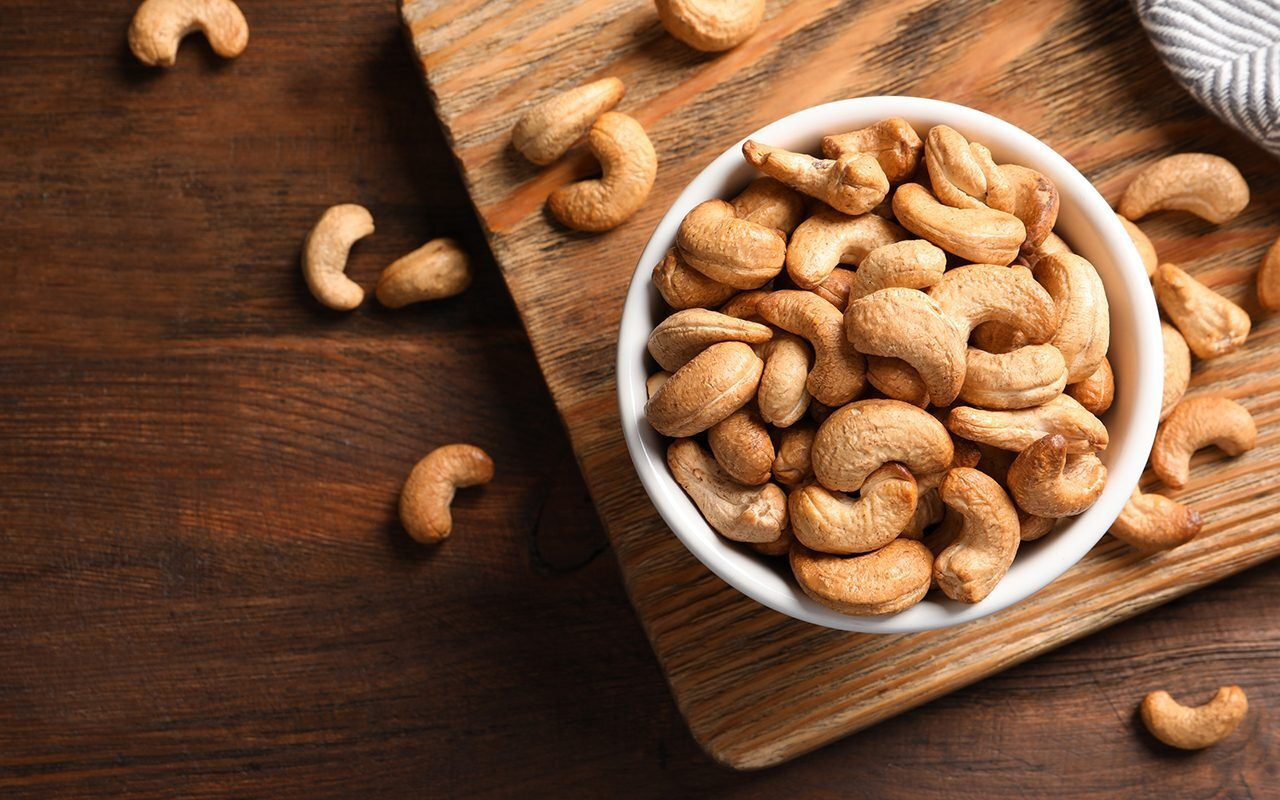
When craving a salty snack, replace crisps with plain raw nuts. A 25g serving of crisps contains 130 calories and 0.34g of salt, while salted roasted nuts have 160 calories and 0.14g of salt.
However, plain raw nuts are a healthier option, with just 150 calories and less than 0.1g of salt per serving. Dr. Van Tulleken notes, "With salted nuts, I could eat the whole tub, but with plain nuts, I eat half as much." For extra flavor, he suggests dipping plain nuts in a small dish of salt.
6. Oven-Cooked Potato Wedges Instead of Frozen Chips
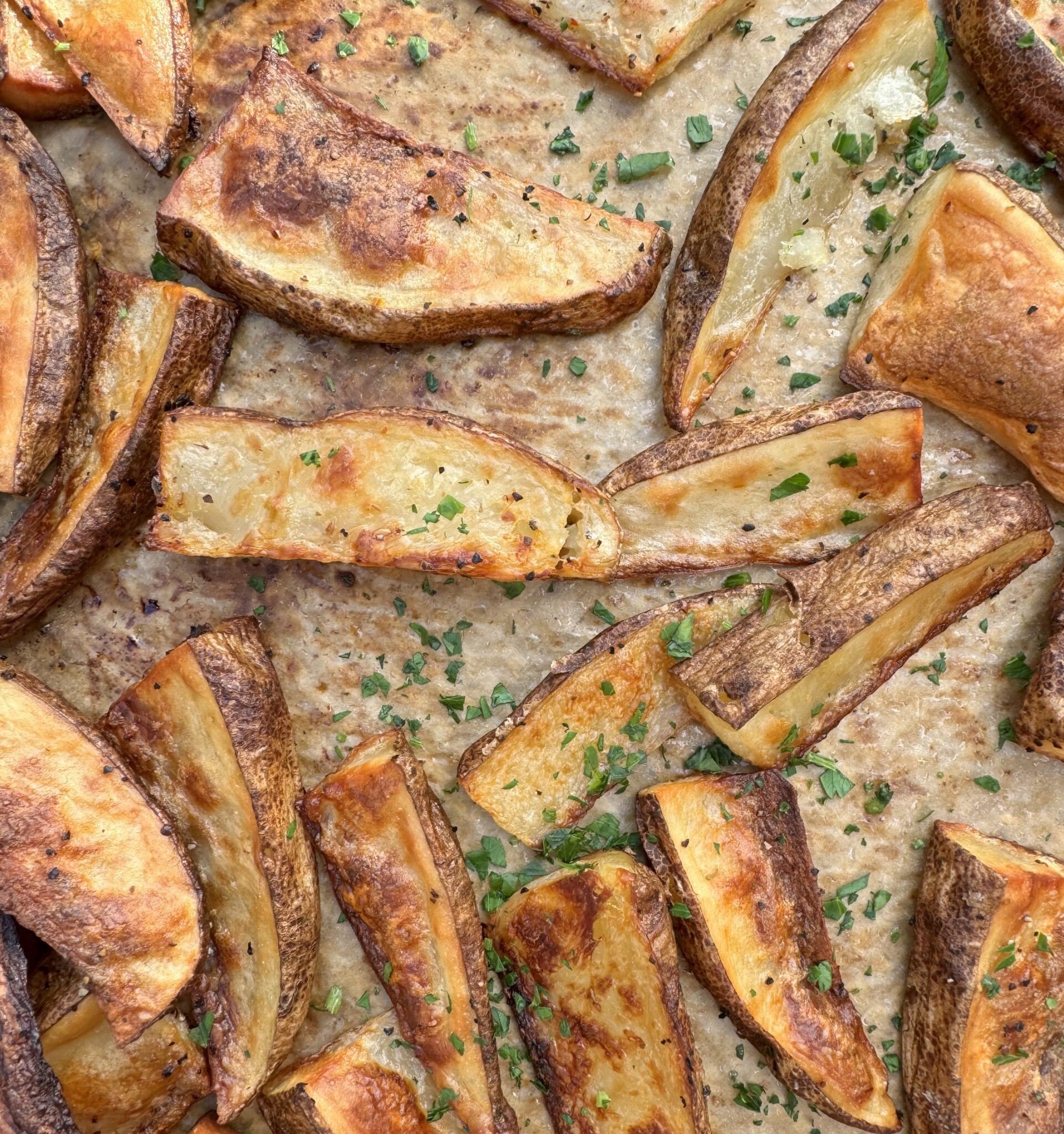
Homemade potato wedges are a healthier alternative to frozen chips. Simply chop a potato, season with oil, salt, and pepper, and bake. Both options contain around 200 calories per serving, but homemade wedges avoid the preservatives often found in frozen varieties.
Many frozen chips are coated in maltodextrin, a highly processed additive made from starches that can spike blood sugar levels. While safe in small amounts, maltodextrin may be a concern for people with diabetes.
These straightforward swaps can help you cut down on ultra-processed foods, reduce harmful additives, and make healthier dietary choices without sacrificing flavor or convenience.


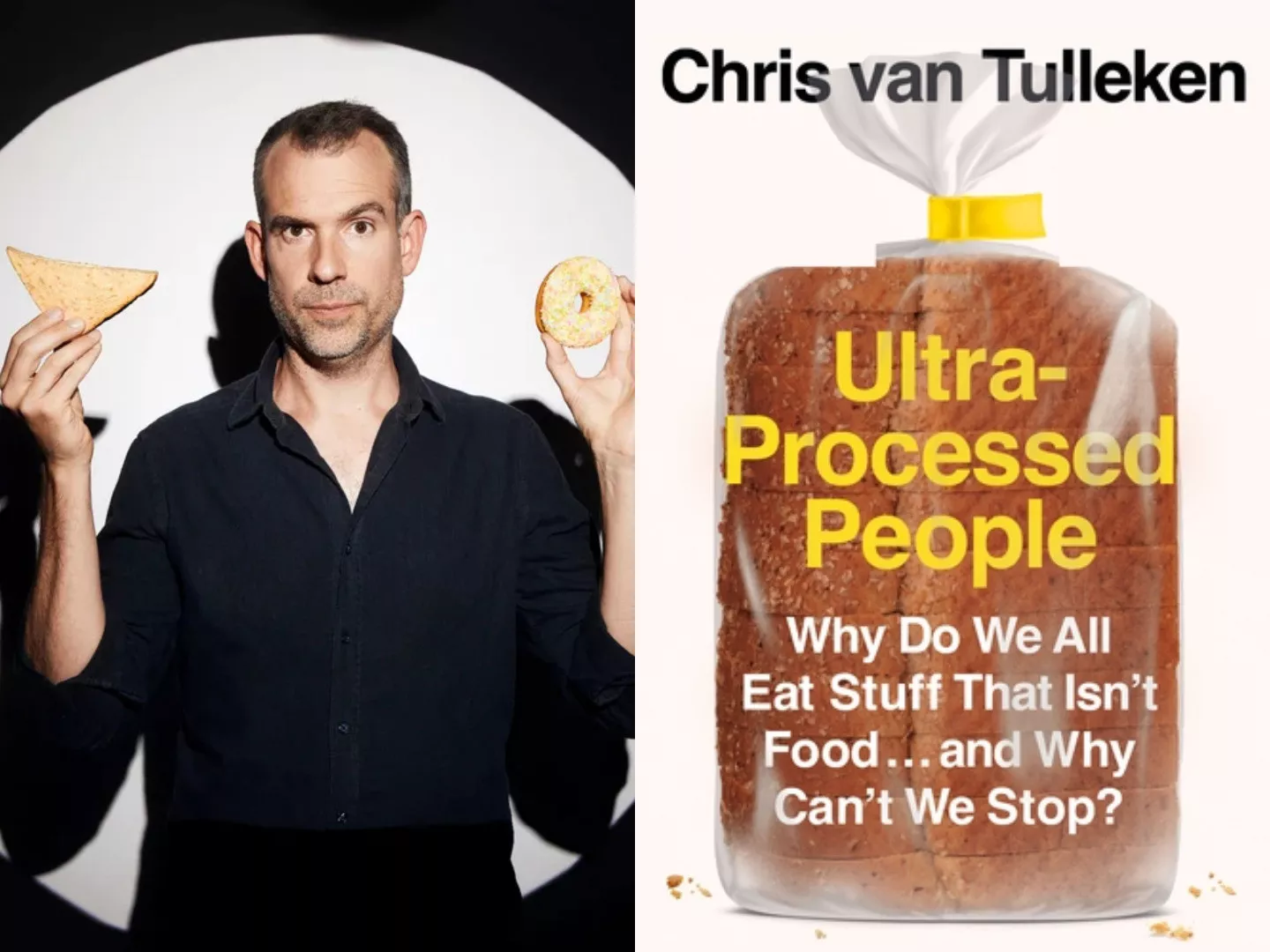






COMMENTS
Comments are moderated and generally will be posted if they are on-topic and not abusive.
For more information, please see our Comments FAQ